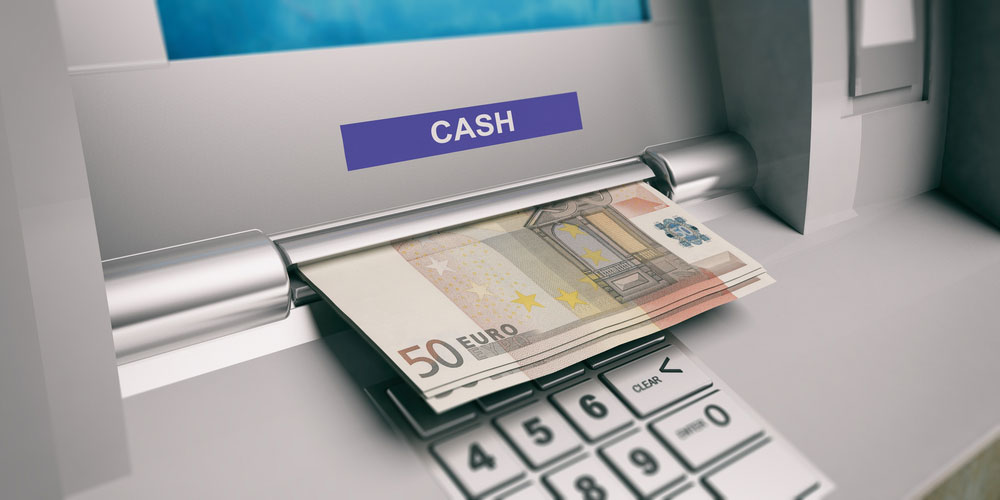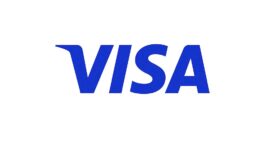Fintech, Finance, Technology, Banking Highlights – 2 October 2018
Euronet Acknowledges Visa Rule Change to Allow DCC on Global ATM Transactions
Effective April 13, 2019, all ATM owners and operators will be able to offer Dynamic Currency Conversion (DCC) services to their customers in the U.S. DCC is permitted today by MasterCard at U.S. ATMs and represents a meaningful revenue stream for many ATM providers.
To date, Visa network rules have prohibited ATM deployers from providing DCC services, which policy was reversed by yesterday’s announcement.
This decision follows a global Petition to Visa spearheaded by NAC and submitted in October 2017, requesting Visa’s authorization for DCC at retail ATMs in the U.S. Visa’s announcement yesterday grants the NAC Petition and expresses an intent to allow DCC at ATMs globally. We now must await the details behind Visa’s global DCC implementation authorization, to become effective April 13, 2019. This will coincide with issuance of the revised Visa Rule Book.
NAC thanks Euronet Worldwide, Monex Financial Services, Planet, and CIBC, the leading DCC providers who spearheaded NAC’s working group initiative that led to Visa’s approval. NAC also thanks the hundreds of NAC member companies and individuals who signed the Petition and provided the grassroots support that helped secure yesterday’s result. NAC likewise appreciates the consideration Visa has given to our DCC Petition and the decision to authorize this positive service for U.S. ATM consumers and deployers.
NAC’s Petition to Visa garnered close to 1,000 signatures from the U.S. and abroad, including both industry participants and consumers. Along with the Petition, NAC supplied Visa with ample data showing that DCC was a “consumer friendly” service that enjoyed broad usage and significant repeat cardholder usage in jurisdictions where DCC is allowed elsewhere in the world.
Ripple Announces Ripple for Good, Social Giving Will Top $100 Million
Ripple, provider of the enterprise blockchain solutions for payments, announced its formal social impact program, Ripple for Good.
Ripple for Good will focus on projects related to education and financial inclusion. Building on the momentum of recent donations totaling more than $80 million, Ripple is committing an additional $25 million. Ripple is currently in the process of assessing a number of high quality projects to determine how those resources will be allocated.
Ripple’s new focus reflects its view that education, particularly in STEM and FinTech, is a key driver of innovation across all sectors. Ripple’s contributions to teaching and research in blockchain (through the University Blockchain Research Initiative), cryptocurrency and fintech are intended to encourage broader understanding, adoption and innovation in business and finance, computer science, law and policy and other relevant fields. In particular, Ripple for Good will focus on applications and real-world use cases with the potential for scalable social impact.
As a mission-driven company focused on dramatically improving how money moves globally, Ripple is also committed to ensuring that the benefits of innovation in banking and global payments are broadly accessible and available. Ripple’s product set and its subject matter expertise represent a unique opportunity to contribute to the ongoing push for global financial inclusion.
“When we reflected on the unique role Ripple could play from a social impact standpoint, we kept landing on the idea that the benefits of these new technologies should reach as many people as possible,” said Ken Weber, Head of Social Impact for Ripple. “If we are truly committed to transformative global change, we will work to help ensure that innovations in banking and global payments are available everywhere to everyone, among unbanked and underbanked populations and in economies and economic sectors that serve the greater good. Our goal is to deliver on the promise of an Internet of Value for all.”
Cubic Signs $394 Million Contract to Revolutionize San Francisco Bay Area Fare Payment
Cubic Corporation announced that its Cubic Transportation Systems (CTS) business division has signed a $394 million contract with the San Francisco Bay Area’s Metropolitan Transportation Commission (MTC) to deliver next-generation fare payment technology and operational services to the Clipper smart card system serving the Bay Area.
Clipper currently links 22 regional transit operators and facilitates more than 825,000 journeys per weekday across bus, rail, subway and ferry services. Operated by Cubic since 2009, the program has been popular among transit riders with a 97 percent customer satisfaction rate and will now enable regional commuters to take advantage of the latest in mobile payments technologies.
Cubic will deliver a range of new features including an integrated mobile app that will enable customers to access real-time information, reload their accounts, plan trips and tap their phones as virtual Clipper cards through faregates and on buses in much the same way as mobile payments can be made at retailers.
Online fare purchases will be made immediately available for use and an account-based architecture coupled with an open API portal will facilitate creative partnerships and systems extensions.








